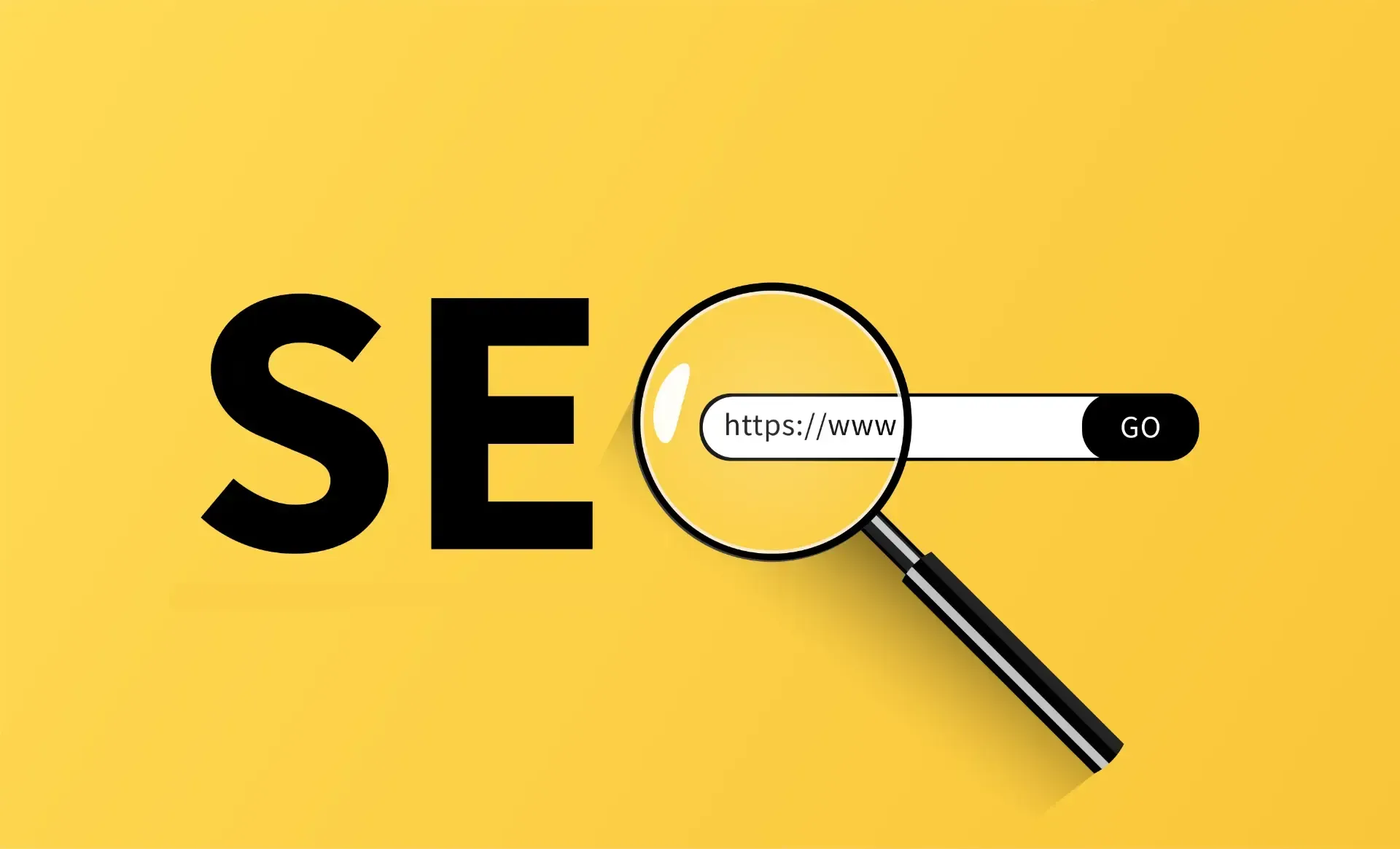Are Single Page Websites Good For SEO?
Single page websites can have advantages and disadvantages regarding Search Engine Optimisation
Let's explore both sides:
Advantages:
- Simplicity: Single page websites are often streamlined and focused on a single topic or product, which can provide a clear and straightforward user experience.
- Faster load times: Since there is only one page to load, single page websites can generally load faster, which is a positive factor for SEO as site speed is a ranking factor.
- Mobile-friendly: Single page websites are typically designed to be responsive and work well on mobile devices, which is important considering the increasing use of mobile browsing.
Disadvantages:
- Limited content: Single page websites usually have limited space to provide comprehensive and in-depth content compared to multi-page websites, which makes it challenging to target a wide range of keywords and provide detailed information.
- Lack of keyword targeting: With a single page, it can be difficult to target multiple keywords effectively. Multiple pages allow you to optimise each page for specific keywords, enhancing your chances of ranking for various search terms.
- Link building challenges: Building backlinks is essential to SEO. With a single page website, it may be more challenging to attract backlinks compared to multi-page websites, as other websites may prefer to link to specific pages rather than a single page.
To maximise the SEO potential of a single page website, here are some recommendations:
- Optimise meta tags: Ensure your title tag, meta description, and other meta tags accurately represent the content and target relevant keywords.
- On-page optimisation: Use headings, subheadings, and formatting to structure your content effectively. Include relevant keywords naturally throughout the page.
- Content depth: Though limited, strive to provide valuable and informative content within the constraints of a single page. Consider incorporating expandable sections or modal windows to provide additional details if necessary.
- Internal linking: Utilise anchor links within the page to create an organised navigation structure and improve user experience. This can also help search engines understand the page's content better.
- Social sharing: Encourage social sharing to increase visibility and potentially attract more backlinks.
- Monitor user behaviour: Analyse user behaviour and engagement metrics using tools like Google Analytics, which can provide insights into how users interact with your single page website and help identify areas for improvement.
Ultimately, the suitability of a single page website for SEO depends on the specific goals, content, and target audience of the website. It's essential to carefully consider these factors and evaluate the trade-offs before deciding on the website structure.




